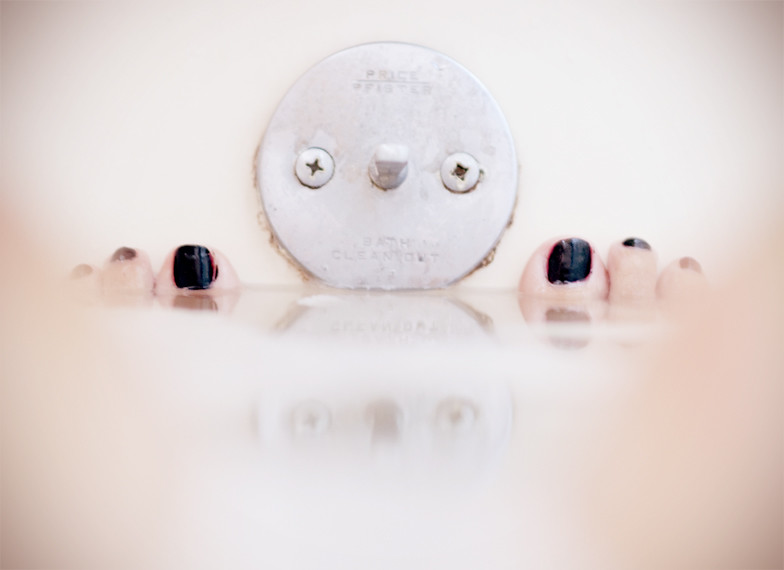
I’m always struck by our willingness as mothers to take care of our children—and often their fathers and a host of others around us—before we take care of ourselves. Just off the heels of holiday hustle and bustle, parents at my kids’ school are planning and executing the spring fundraisers, gearing up for teacher appreciation day, and writing letters to address measures related to school funding. They are tired.
Calling run-down parents everywhere: let’s all take the advice of the airlines and put on our own oxygen masks first before helping those around us. I’m not saying don’t help those around you, but rather that should you become faint from lack of oxygen, you won’t be much good to anyone at all. Speaking for myself, I’ve found that a certain core of peace and centeredness is necessary before I can really get engaged in raising happy, compassionate, and altruistic children.
Here’s why:
- If we get depressed, it may affect our children adversely. An extensive body of research has established a substantial link between depressed mothers and “negative outcomes” in their children, like acting out and other behavior problems. Parental depression actually seems to cause behavior problems in kids: it bothers kids to see their parents upset and unhappy, and they express this by behaving badly. Depressed parents also demonstrate poorer parenting skills, and so are less likely to correct bad behavior in constructive ways. Depressed mothers tend to be less sensitive and proactive in responding to their children’s needs, and are less likely to play with their children in emotionally positive ways. Kids with chronically depressed mothers—mothers whose feelings of sadness and despair persist—perform more poorly on school readiness tests, use less expressive language, and have poorer social skills. And it isn’t just depression: anxiety in mothers (something I’m prone to) is associated with increased anxiety in children.
- The reverse is also true: when we do what it takes to be happy ourselves, our children reap the benefits. Kids mimic their parents, especially when they are younger. Children imitate their parents’ emotions as early as 6 days old; it is one of the primary ways that they learn and grow. So if we model happiness—and all the skills that go with it—our kids are likely to behave in the same way. If I model a key happiness habit like kindness and generosity, for example, my daughters are more likely to become kind and generous. And because research shows that people’s emotions tend to converge—we become more similar emotionally the more we are together—it follows that the happier I am, the happier my children will be. Dacher Keltner and his colleagues ran an interesting series of experiments that show that people in close relationships become more similar to each other over time. The studies showed that the emotions and emotional reactions of friends and lovers actually become more alike over the course of a year (Anderson, Keltner & John, 2003). Another study, attempting to determine the degree to which shared genetics dictate similar emotional outlooks in parents and children, came up short: while they did find that happy parents are statistically more likely to have happy children, they couldn’t find a genetic component. Like roommates and lovers, the emotions of children and parents can be very similar, but not because they are cut from the same cloth, so to speak.
- Emotions in general are just plain contagious. A political scientist from the University of California, San Diego and a Harvard sociologist have recently documented that happiness is particularly contagious. Their conclusion, which is based on an analysis of people’s social connections over 20 years, is that our happiness depends on the happiness of those around us. Having happy friends, neighbors, and siblings that live in close proximity to you increases your odds of being happy—the positive emotions of one community member clearly spread to others (Fowler & Christakis, 2008).
So it turns out that the first step in the science of raising happy kids is to actually be happy yourself. This week: tell us what YOU do to put your own oxygen mask on first. What makes you happy? Do your kids seem happier when you are happy?
Need a little help finding your own happiness? Check out my Love Your Life: Finding Happiness as a Parent online course to learn how and why to resist the urge to always put the needs of your children before your own.
